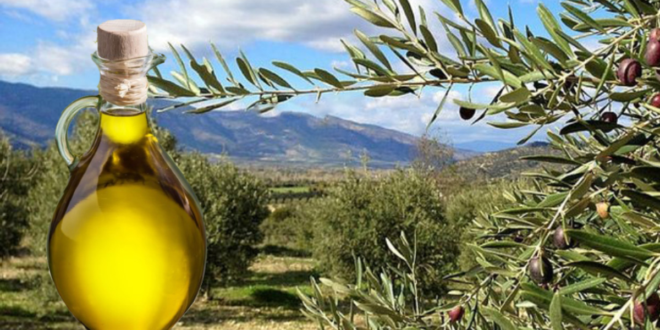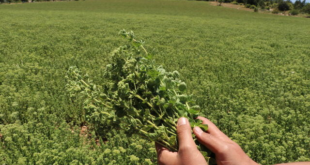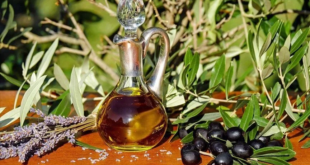Olive oil prices in Greece surge by nearly 70%, pushing past $15 per liter in supermarkets, affecting Mediterranean diets…
Olive oil, an essential staple of Greek cuisine and other Mediterranean diets, has become a luxury for many in Greece, due to skyrocketing prices.

According to the Greek Statistical Authority (ELSTAT), olive oil prices surged by nearly 70% between January 2021 and September 2023, the third-steepest rise in the EU following Spain’s 138% and Portugal’s 90% in the same period.
A bleak picture for those who cannot imagine meals without the distinct aroma and health benefits of olive oil, this increase is closely related to poor olive harvests in major EU producers.
According to the European Commission’s short-term agricultural outlook report, the nine bloc members cultivating olives are expected to produce 1.5 million metric tons (over 1.6 million US tons) of olive oil in the 2023/24 growing season.
While this forecast is 9% above the previous season’s record low of 1.384 million tons, it is still far below the volume of the average of 2.13 million tons which was produced between 2017/2018 and 2021/2022 growing years.
In Greece, where olive growers faced a hot and dry spring and extreme heatwaves in the summer, olive oil production in 2023/2024 is expected to total 160,000 tons, down from 350,000 tons in the previous season, according to the country’s olive oil industry association, EDOE.
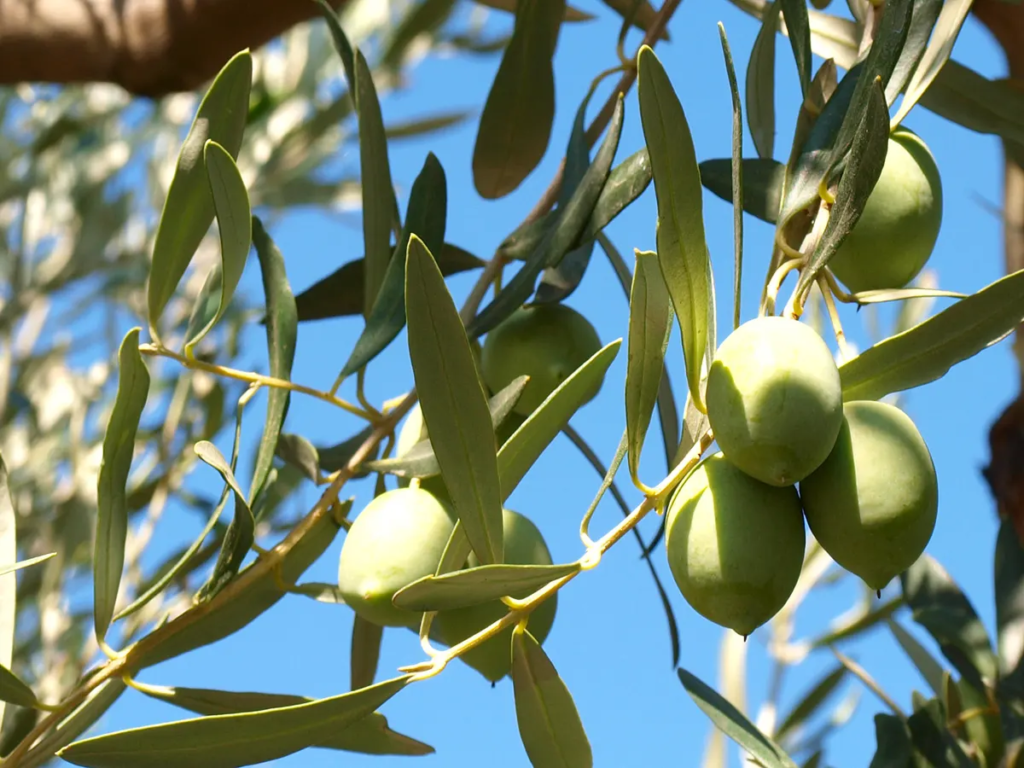
The per-liter price of extra virgin olive oil, which reached €14 ($15.25) in Greek supermarkets, is expected to remain high as sunflower oil, mixed vegetable oils, and secondary-quality riviera olive oil with significantly higher acidity are becoming more and more common on store shelves and kitchens.
High prices lead to more theft
Spyros Katsaros, who owns an olive mill in the central province of Livadia, confirmed that skyrocketing olive oil prices are common in the Mediterranean basin.
“If there was enough production in Spain and Italy, prices wouldn’t have soared this much even with lower production in Greece,” he told Anadolu.
On prices in Greece, he argued that wholesale purchases by Spanish and Italian companies to re-export Greek oil under their own brands have eaten into stocks in the country and pushed prices even higher.
“Spain and Italy are the biggest players in the global olive oil trade. In Greece, there are very few companies that sell olive oil with their own label,” Katsaros noted.
He added that high olive oil prices also led to more theft, with almost daily news reports in local and nationwide outlets.
Instead of making €50 or €60 by working in the field, some workers find it easier to steal olives or olive oils and make €200, €300 in a few hours, Katraros said.
His son, Ilias, who is a local olive grower and helps his father run the mill, highlighted that olive oil is more than a commercial good for Greeks.
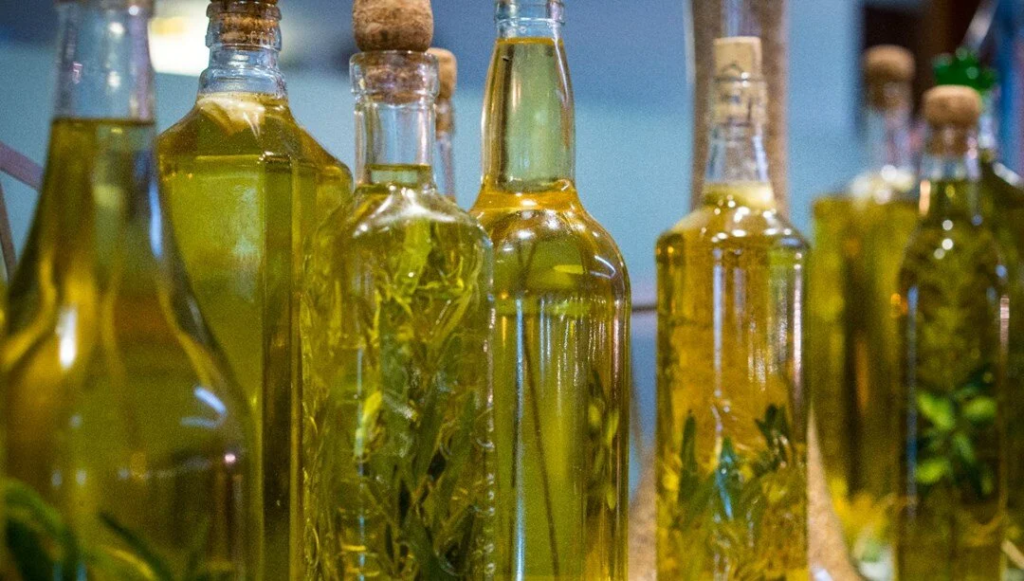
“It is an essential part of our heritage, which needs to be maintained,” he said.
He went on to add: “I’m optimistic that higher prices will encourage more people to get involved in the sector, at least cultivate olives for their own needs.”
Poor weather conditions
One local small grower from the area, Konstantina Nisioti, agreed with Ilias Katsaros on olives’ place in Greek heritage.
“Everyone living in this region has memories related to olives,” she said.
Speaking to Anadolu, Mayor Nikolas Holiasmenos of the town of Askri pointed to poor weather conditions, which he said hit different areas across the country cultivating different kinds of olives.
While some regions struggled with sweltering summer heat, others, like Holiasmenos’, faced frigid winter temperatures that came later than it should and hurt the harvest.
 THE GLOBAL WINDOW OF TURKISH FOOD AND AGRICULTURE The Global Window of Turkish Food and Agriculture Sector
THE GLOBAL WINDOW OF TURKISH FOOD AND AGRICULTURE The Global Window of Turkish Food and Agriculture Sector


